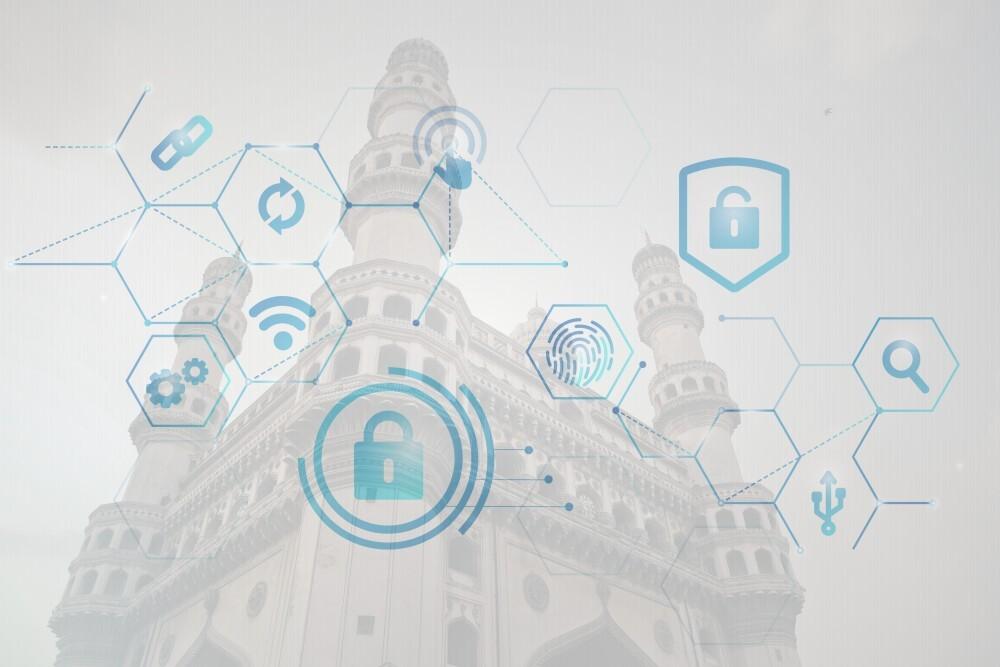
In today's interconnected world, securing high confidential data is crucial for national security and maintaining international relations. High confidential data includes sensitive information such as national security details, intelligence reports, diplomatic communications or data elements that require protection under laws, regulations, contracts, relevant legal agreements. When such data leaks, it can undermine national security, strain international relations and compromise with the ongoing government operations.
Common Causes of High-Confidential Data Leaks
To protect against data leaks, it's important to understand their origins. Insider threats are a significant concern, where trusted individuals, whether through malice or negligence, can accidentally or intentionally expose sensitive data. Insider attacks target precisely the most sensitive assets and take a long time to contain, resulting in devastating losses for organizations. Cyber espionage activities also play a major role, targeting government networks leading to unauthorized sensitive data access and breaches. Technological failures, including software glitches or inadequate security measures, can further expose data. Additionally, physical breaches, such as the theft or loss of devices containing sensitive information, contribute to data vulnerability.
Notable Incidents of High-Confidential Data Leaks
Recent data shows an 18% rise in weekly cyber-attacks on the nation in early 2023 (Source: The Cyber Express). In May 2023, the MoChhatua app in India suffered a data breach, exposing sensitive user information and highlighting concerns over increasing hacking incidents and government overreach. Another notable case is the December 2022 AIIMS cyber-attack, where unauthorized access led to the encryption of 1.3 terabytes of data across five servers due to weak network segmentation.
Challenges in Protecting High-Confidential Data
Protecting high confidential data presents significant challenges, particularly in balancing accessibility with security. Cyber threats are evolving rapidly, outpacing existing regulations. While legal frameworks exist, robust security measures are crucial to safeguard data. Emerging technologies can introduce new vulnerabilities, making it essential to adopt strong defenses. As India faces rising data breaches and adapts to the new Data Protection Act, implementing the right technological solutions is key to preventing data leaks and securing sensitive information.
Mitigation Strategies
To protect data leaks in nations effectively, implementing powerful strategies is crucial. Nations must enforce strict access controls, use advanced encryption, and implement continuous monitoring to detect vulnerabilities. Regular audits, risk assessments, and strong data governance ensure compliance, while minimizing human error and insider threats is crucial for mitigating cyberattacks.
Training and Awareness Programs
Effective security awareness training helps employees understand the importance of protecting sensitive data and recognizing potential threats. By educating staff on security protocols and using simulations, organizations can prevent data leaks, safeguard intellectual property, and enhance brand reputation.
International Co-operation and Legal Frameworks
International Co-operation is vital in combating cyber espionage. Agreements and treaties between nations facilitate intelligence sharing and co-ordinated responses to data breaches. Legal frameworks are also crucial for prosecuting data criminals and enforcing data protection laws, which can deter malicious actors and ensure prompt resolution of breaches.
Future Trends in Data Security
Looking ahead, the landscape of cyber threats will continue to evolve. The future of data security will rely on AI-driven threat detection, zero trust architecture and quantum safe cryptography. Blockchain, biometric authentication, and privacy-preserving technologies will enhance protection. Stricter regulations will hold businesses accountable, making compliance essential as cyber threats evolve.





